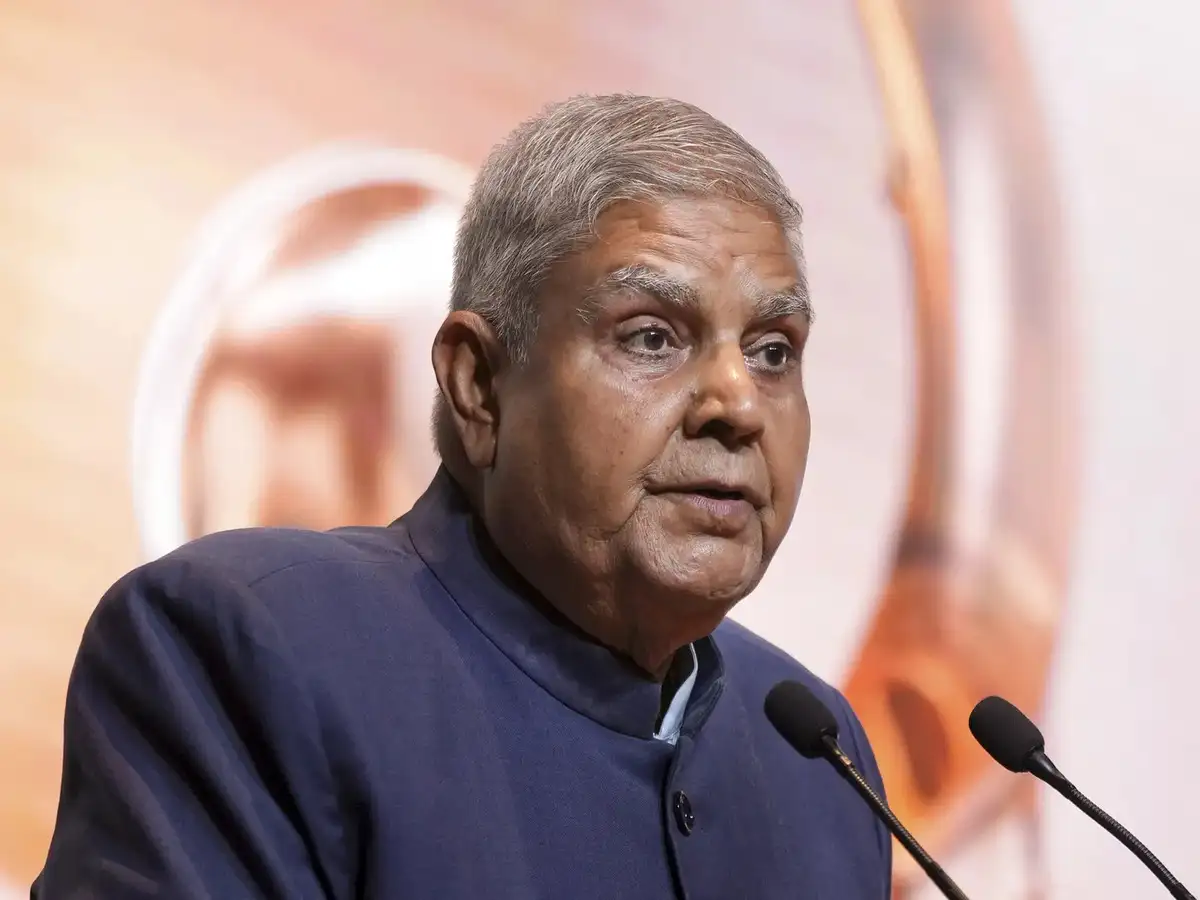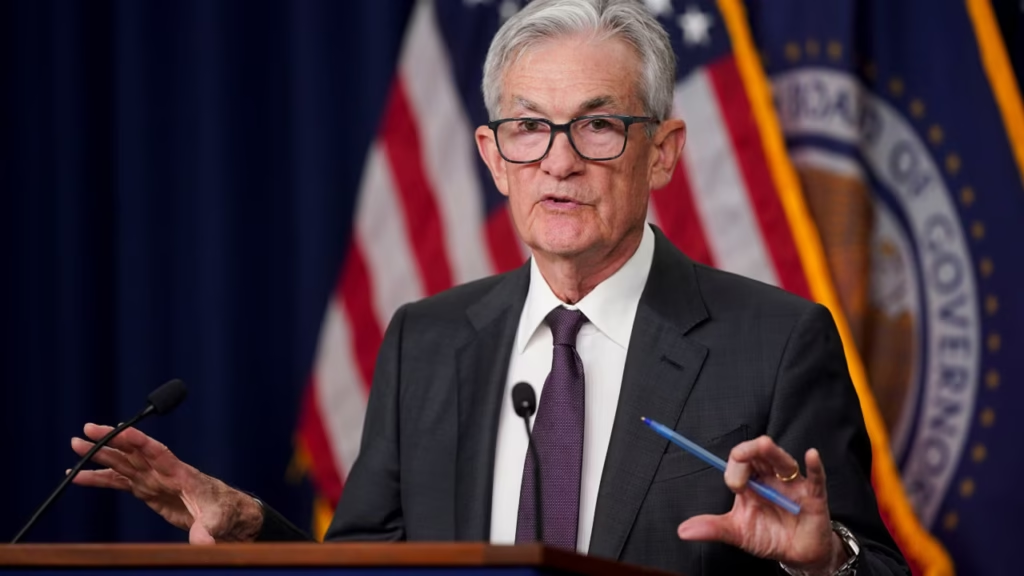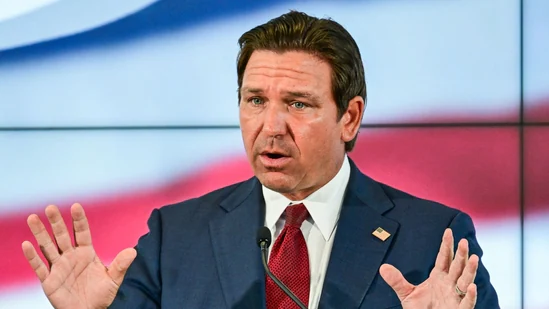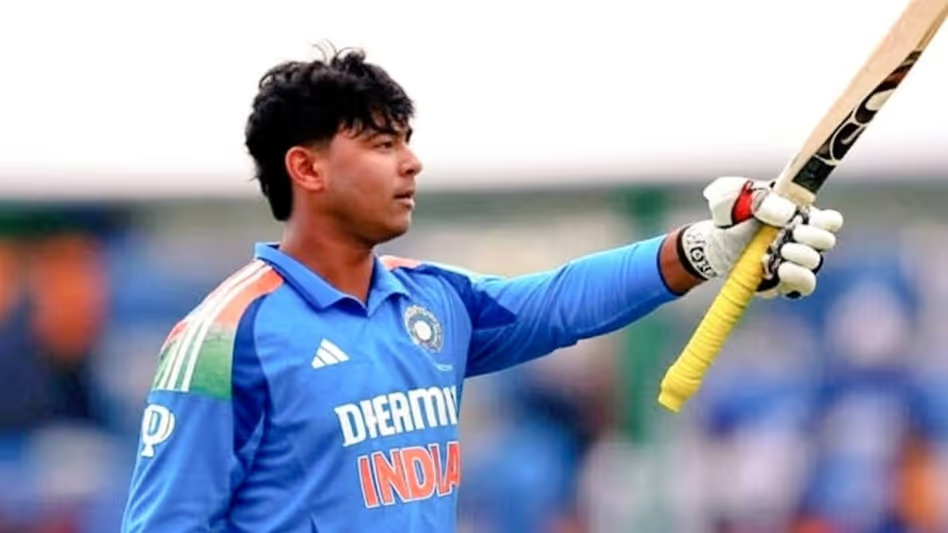Now Reading: Vice President Jagdeep Dhankhar Questions Supreme Court’s NJAC Rejection, Sparks Fresh Debate on Judicial Appointments
-
01
Vice President Jagdeep Dhankhar Questions Supreme Court’s NJAC Rejection, Sparks Fresh Debate on Judicial Appointments
Vice President Jagdeep Dhankhar Questions Supreme Court’s NJAC Rejection, Sparks Fresh Debate on Judicial Appointments

Vice President Jagdeep Dhankhar has once again stirred a crucial constitutional conversation—this time by questioning the Supreme Court’s decision to strike down the National Judicial Appointments Commission (NJAC) Act. His remarks bring the focus back on a long-standing tug-of-war between the judiciary and the executive over who holds the real power in appointing judges in India.
This debate isn’t new, but Dhankhar’s position adds political weight to a sensitive and unresolved issue.
What Dhankhar Said and Why It Matters
Speaking at a public event, Vice President Dhankhar pointed out that the NJAC Act was passed by both houses of Parliament and ratified by a majority of states—yet it was struck down by the Supreme Court in 2015. He suggested that such a move questions the legitimacy of the will of the people, as expressed through their elected representatives.
He didn’t mince words, stating that it was a serious matter when the judiciary overrules a constitutional amendment with such wide support.
The Core Issue: Who Picks the Judges?
At the centre of this debate is the method of appointing judges to the higher judiciary. The NJAC aimed to replace the current collegium system with a more transparent, multi-member body including representatives from the judiciary, executive, and civil society.
The Supreme Court, however, held that the NJAC compromised judicial independence and struck it down, reinstating the collegium system where judges appoint other judges.
Judiciary vs. Legislature: A Repeating Cycle
Dhankhar’s comments echo a broader tension that’s been simmering for years. On one side, the judiciary insists on complete autonomy in appointments to avoid political interference. On the other, the legislature argues that total control by the judiciary makes the process opaque and unaccountable.
This push-pull has led to repeated confrontations, with no clear resolution in sight.
Why This Matters for Tier 2 Cities
In Tier 2 cities—where citizens are directly affected by court delays and understaffed benches—the way judges are selected impacts daily life more than many realize. Faster appointments and transparent selections can help clear case backlogs and improve access to justice.
Dhankhar’s remarks bring the spotlight back on why judicial reform isn’t just a Delhi or Supreme Court issue. It’s a matter of public service efficiency across the country.
Conclusion: Time for a Fresh Conversation?
The NJAC debate is more than just a legal argument—it’s a reflection of how India balances its democratic institutions. With Vice President Dhankhar questioning the current system, there’s renewed pressure to rethink how judges are appointed. Whether that results in actual change or another round of political-juridical standoff remains to be seen. But one thing is clear—the conversation is far from over.

























